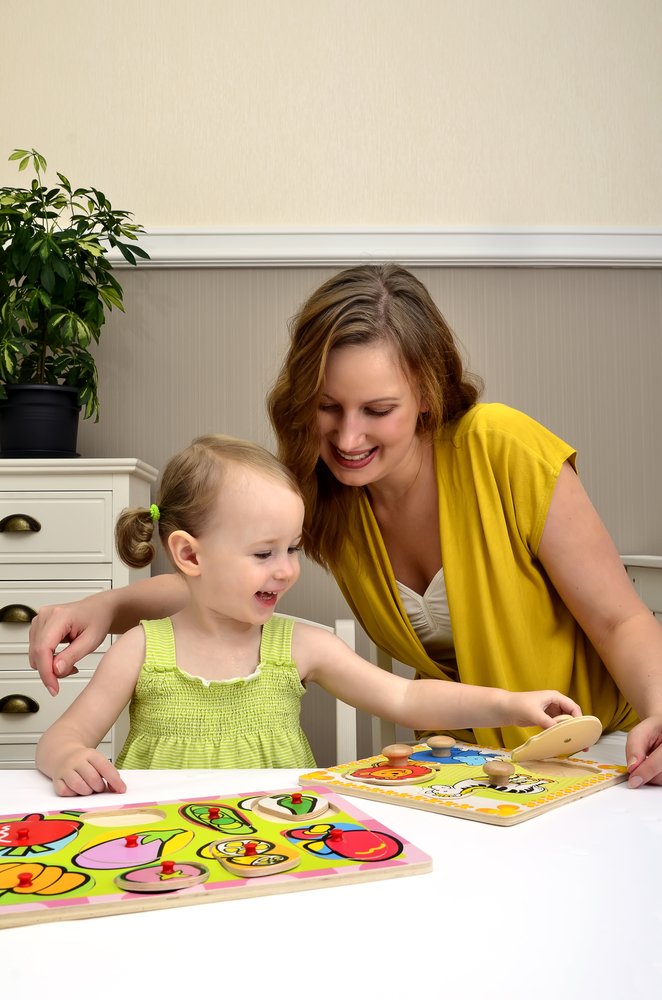
Encouraging my preschooler to ask questions
Key points:1. Preschoolers, at around 3-4 years old, are highly curious and eager to understand how things work.2. Encouraging children…
[cat_cust_menu]

Key points:1. Preschoolers, at around 3-4 years old, are highly curious and eager to understand how things work.2. Encouraging children…

Key points:1. Answering a child’s questions fosters cognitive development, stimulating reasoning and problem-solving skills.2. Cognitive skills develop between 36 and…

Key points:1. After 24 months, toddlers show a keen interest in understanding how things work and their relationships.2. The incessant…

Key points:1. Preschoolers as young as 3 can distinguish between appearances and reality.2. They can describe both real and fantastical…
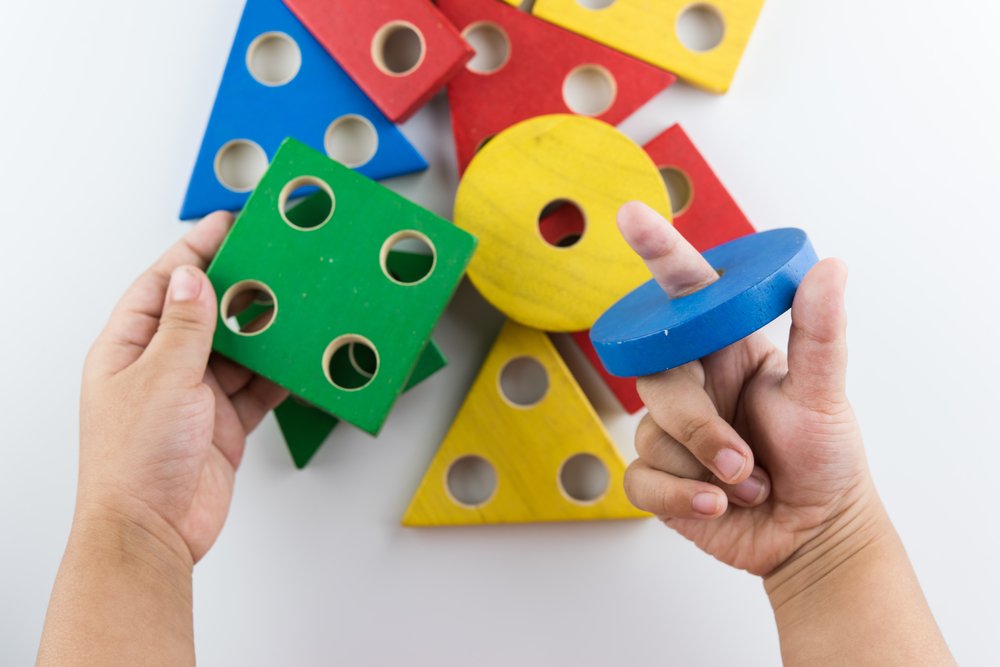
Key points:1. Around age 3-4, children begin understanding object characteristics and properties.2. They progress from identifying shapes and colors to…
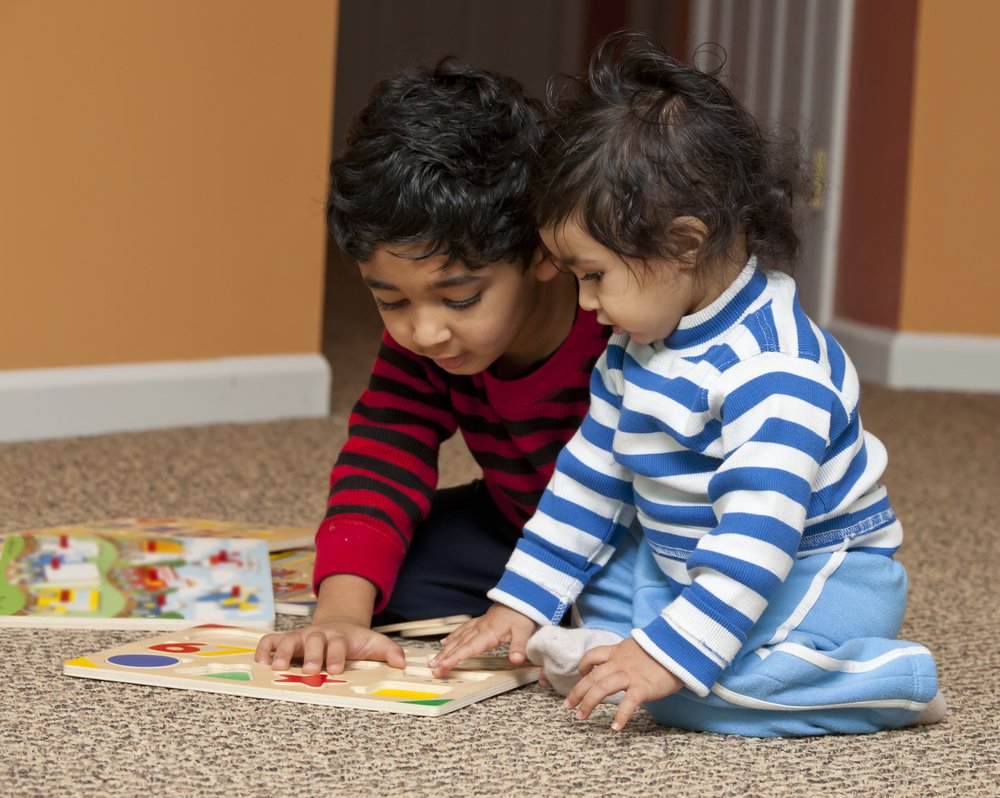
Key points:1. Infants rapidly absorb information about their world by 12 months.2. Around ages 3-4, children start understanding specific object…
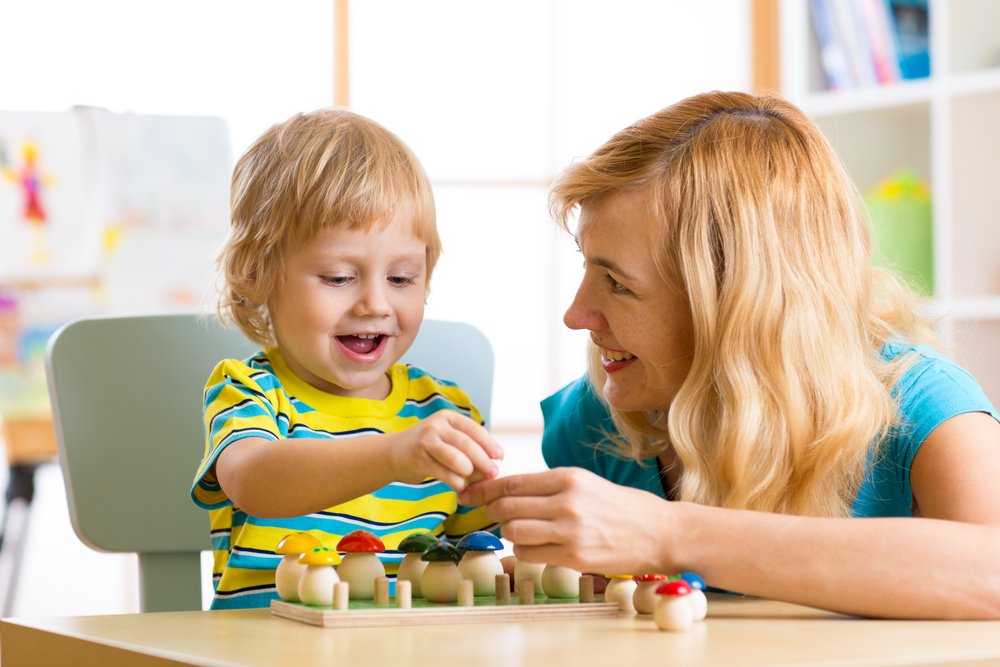
Key points: Ages 36-48 months: Children develop conceptual reasoning skills. Concepts include size, distance, speed, height, weight, and order. Use…
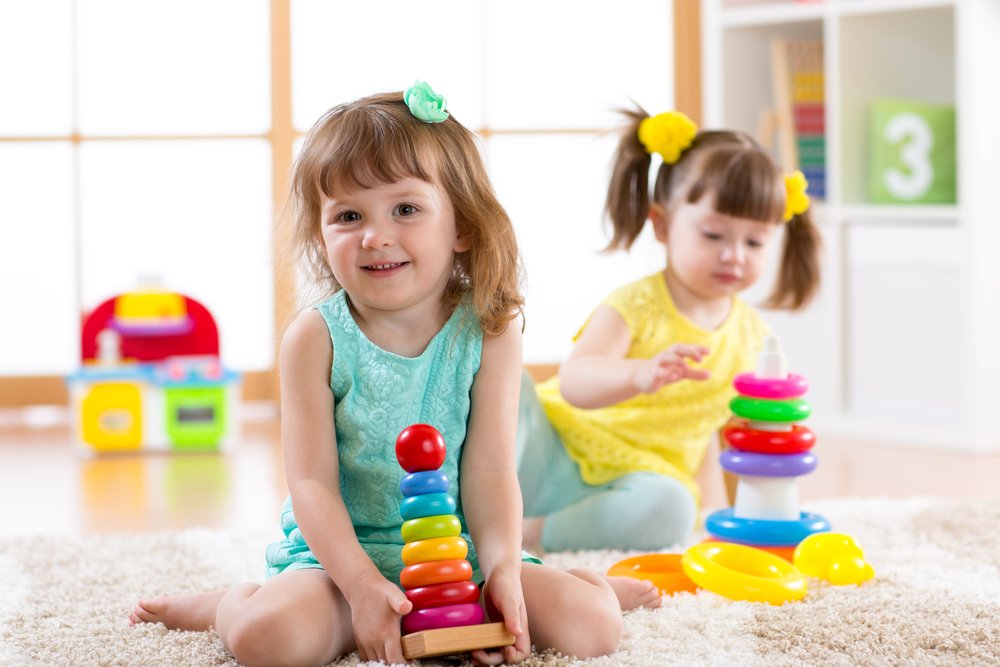
Key points: Preschoolers undergo significant cognitive changes, reaching a stage of enhanced mobility, emotional independence, and increased vocabulary. Developing conceptual…
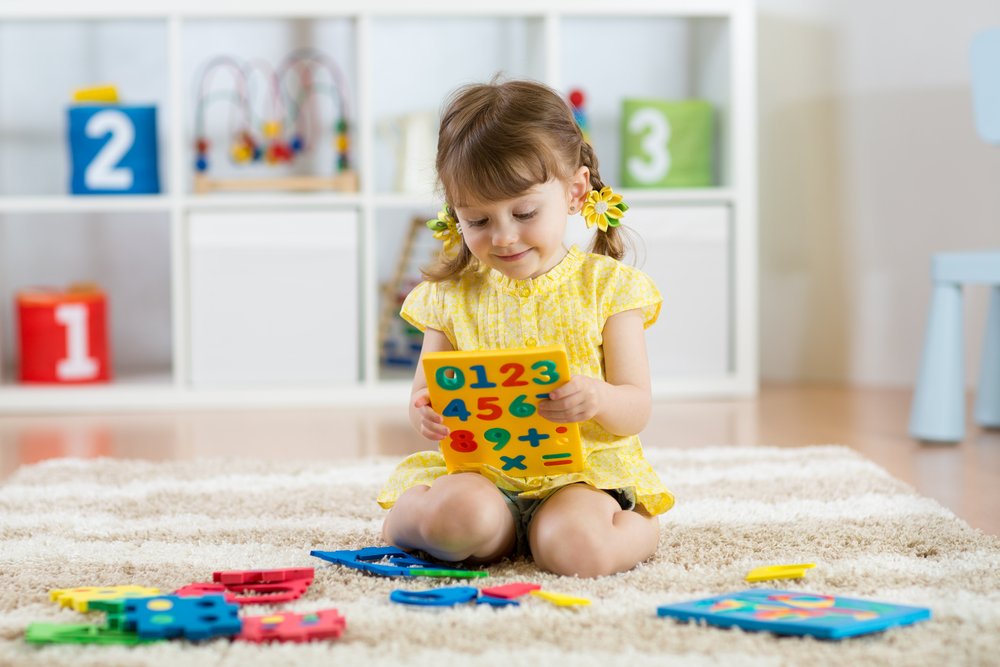
Key points: Numeracy, or math skills, is a crucial aspect of a child’s cognitive development at ages 3 to 4….

Key points: Children between 24 and 36 months start learning object characteristics and sorting by size, shape, or color. At…

Key points: Imaginative play helps children understand symbols and distinguish them from real-world objects. High-quality pretend play enhances abstract thinking…
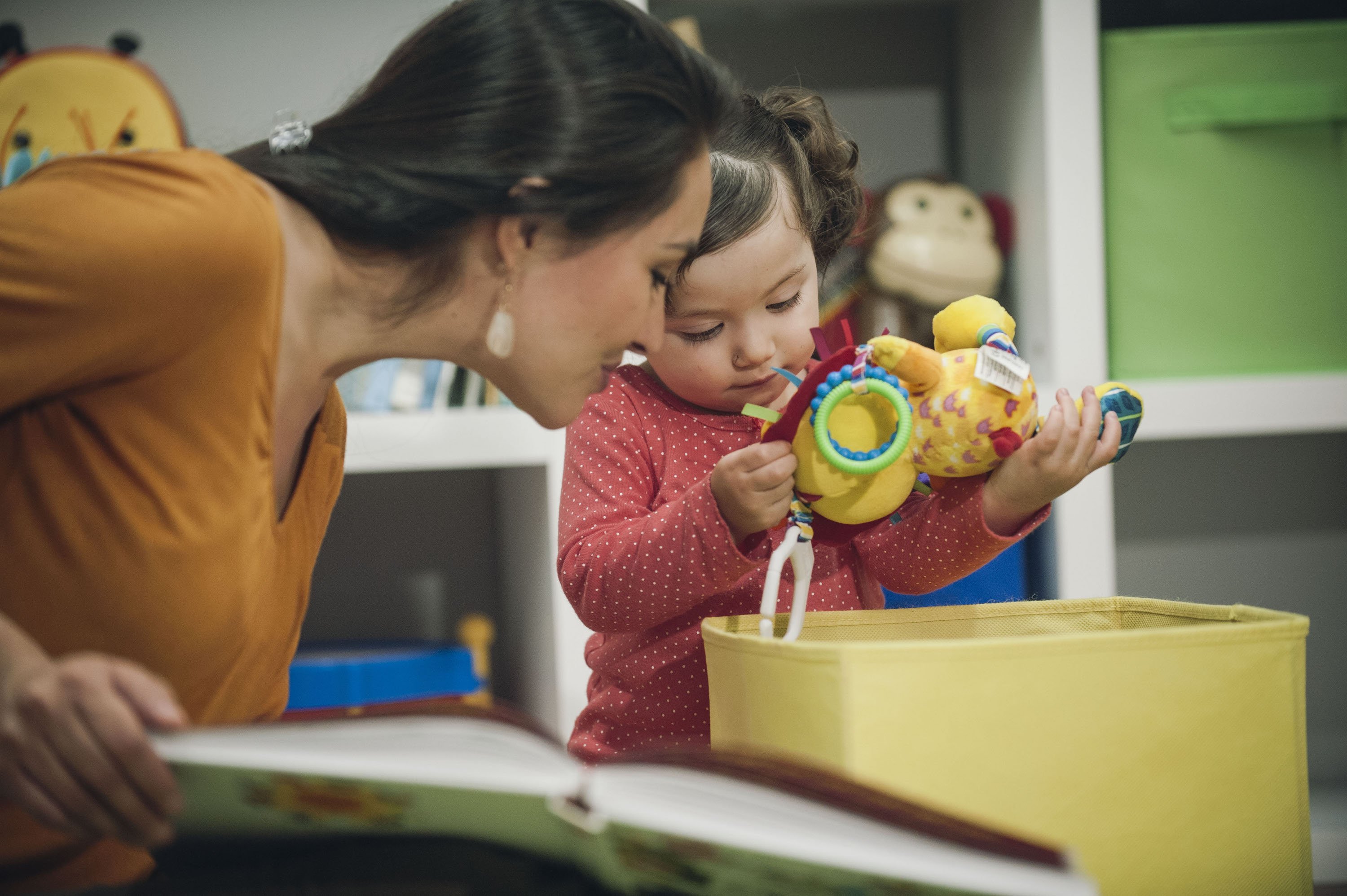
Key points: 1. Quality parent-child interactions are crucial for a strong learning environment. 2. Introduce learning materials like books and…

With the sudden boom on computers, tablets, and phones as convenient playtime devices, it seems we’ve lost a little touch…

Key points: 1. Babies can learn a second language with a play-based program in just one hour per day. 2….

Key points: 1. Music is vital for a toddler’s development, enhancing cognitive, social, and emotional skills. 2. Exposing toddlers to…

Key points: 1. Prodigies focus on consuming knowledge rather than creating new ideas. 2. Creative children often keep original ideas…

Key points: Introverted and bashful children are often confused, but they are different. Bashful children want to socialize but find…

Key points: Allowing children to experience boredom can be beneficial for their development as it encourages self-reliance and motivation. Parents…

Key points: Allowing children to go barefoot outdoors offers numerous benefits, despite concerns about injuries or illnesses. Foot injuries are…

Key points: Summer vacations can lead to educational disparities, with children lacking enriching learning opportunities falling behind their peers. Efforts…
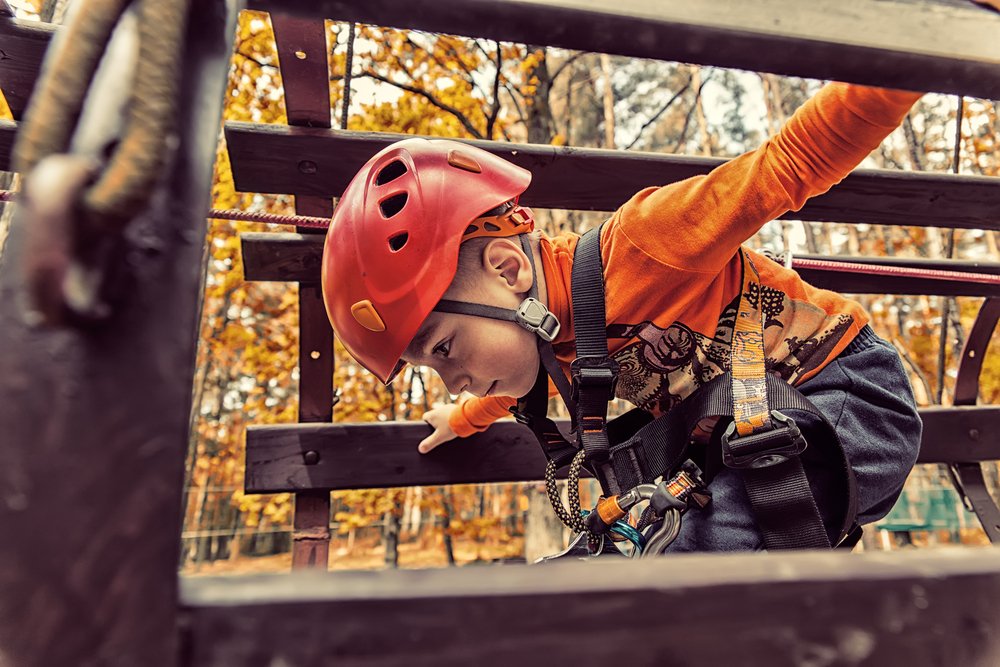
Key points: Play is fun, voluntary, and teaches adaptability through patterns of repetition and variation. It allows children to explore…
Subscribe to our newsletter and join Kinedu’s community